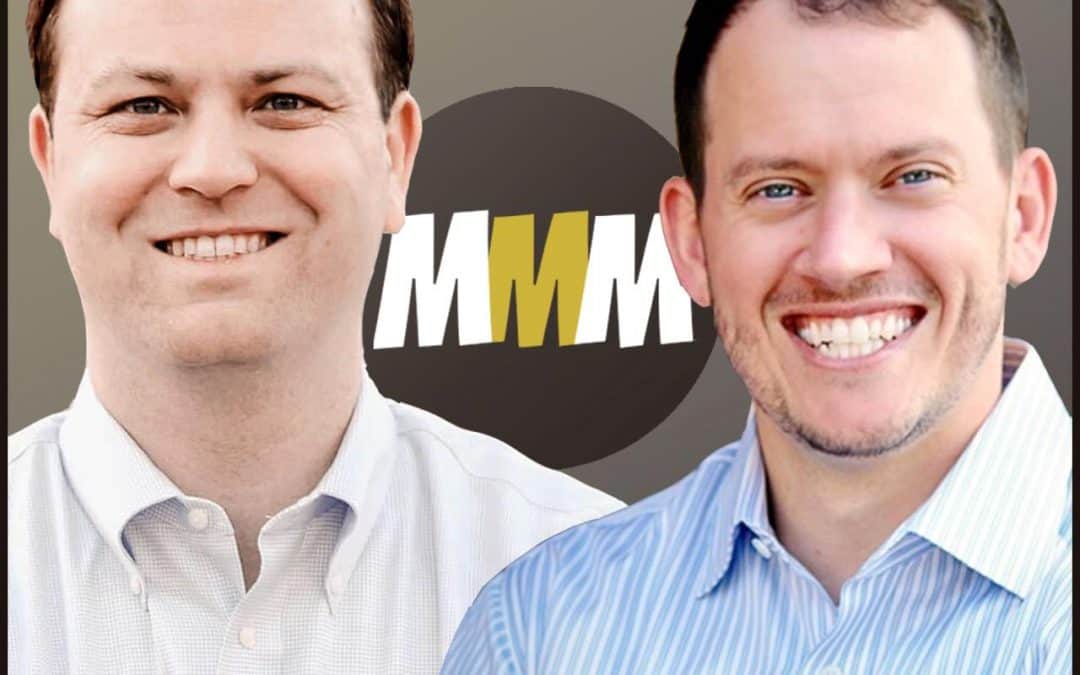Money Meets Medicine Podcast
MMM #18: Physician Mortgages
Have you ever thought about buying a house? Buying a house is a huge decision. Tag along as Ryan and I discuss everything you need to know about physician home loans and other mortgage jargon in the newest MMM episode!
What You’ll Learn:
In today’s episode of Money Meets Medicine, “Physician Mortgages,” you’re going to learn:
- My personal home buying story
- All about the different mortgage jargon out there
- The pros and cons of the physician mortgages
- Why you need to spend money to sell a home
- And more!
Quotes to Remember:
“If your a physician, or married to one, you should not be paying PMI (private mortgage insurance) ever.”
“The biggest issues with physician mortgages is that physicians end up buying too much house!”
“There are a lot of other things that go into house costs than just mortgage verses renting”
“A bigger house is not going to make you happier!”
Resources from the Episode:
Physician Mortgage Loans: What You Need to Know
This Episode’s Sponsor
This episode is brought to you by Doug Crouse at doctorloanexpert.com
Doug personally helped Ryan and Taylor get their loan and they were blown away by how amazing he was to work with. He had the best rates and the service puts him at the top of class.
He would be happy to answer any questions you have about your home loan.
Reach out to Doug at doctorloanexpert.com Or by phone, at 1-816-728-3631.
Listener Question of the Week:
Today’s listener question comes from Jared Henrichs:
He asks, “Should I refinance my loans to a longer term to throw more money in a taxable account given where the market is currently sitting?”
Each episode, we are going to start including listener questions as they are provided to us. So, if you have a specific question you’d like answered on the podcast reach out to us! Email [email protected] or [email protected]
TPP
1 Comment
Submit a Comment
You might also be interested in…
Following the Financial Crowd
Have you ever left a sporting event, following the crowd, and suddenly realized you were walking the wrong way? What if I told you this phenomenon has a name, and it impacts your money, too?
Understanding our own behavior when it comes to finance is essential because it helps us mitigate wrong-for-us decision making around money. Unless you know these roadblocks exist, you can’t do much to stop them from derailing your financial goals.
Last week, we shared why human behavior matters for our financial lives by taking a look at the first 5 out of 10 psychological phenomena that can (and do) affect your personal finance goals: greed, fear, ego/overconfidence, loss aversion, and analysis paralysis.
This week, we’re diving back into behavioral finance (one of our favorite topics) to share five more types of unchecked human behavior that can sabotage your journey to building the wealth you want.
Greed, FOMO, and Bad Investments
Despite our best intentions, certain emotions can keep us from building wealth. After many years arming physicians with the information they need to achieve financial wellness, I had a significant realization.
Information is one thing – behavior is another.
As the saying goes, money is 80% behavior and only 20% math.
Not only do I want to share important information about personal finance, I also want to help you recognize how certain behaviors can (and do) affect your finances.
Drawing from one of the classic books about investing, let’s go over five common behaviors that could be keeping you from achieving your financial goals.
How Doctors Can Get Good Financial Advice
Many doctors and high-income professionals hire financial advisors for any number of reasons. Either they’re too busy to handle their finances themselves, they don’t really know how to invest, or they want an expert on their side to make sure they’re on the right track.
So allow me to say from the start: I’m not against financial advisors, but I am against doctors (or anyone, really) being overcharged for bad advice.
There’s no shame in asking for help – you just want to get the help you need at a fair price.
You should be equipped enough to vet and evaluate your financial advisor so you’ll know whether they’re working well on your behalf. How can you be as confident as possible they’re acting in your best interest? This episode will help you find out.
Are you ready to live a life you love?
© 2021 The Physician Philosopher | Website by The Good Alliance





Outstanding podcast. Chock full of great info. And really appreciate the overview of all the costs involved in buying, owning, and selling a house-other than the house!